Starting a business or becoming a professional athlete requires a unique combination of motivation, drive, and determination. Founders and professional athletes must be highly motivated and driven in order to achieve their goals and make a lasting impact in their respective fields.
In addition to being motivated and driven, both groups must also be able to handle high levels of competition and pressure, adapt and pivot in the face of change, have the resilience to bounce back from setbacks and failures, work well as part of a team, and continuously learn and improve in order to stay competitive.

The 6 Similarities that allow Founders and Athletes to Achieve Success
Founders and professional athletes must be highly motivated and driven to succeed.
Both groups often face high levels of competition and pressure to perform at a high level.
Founders and professional athletes must be able to adapt and pivot in order to succeed in their respective fields.
Both often face setbacks and failures and must have the resilience to bounce back and learn from these experiences.
Founders and professional athletes must be able to work well as part of a team.
Both groups must be able to continuously learn and improve in order to stay competitive.
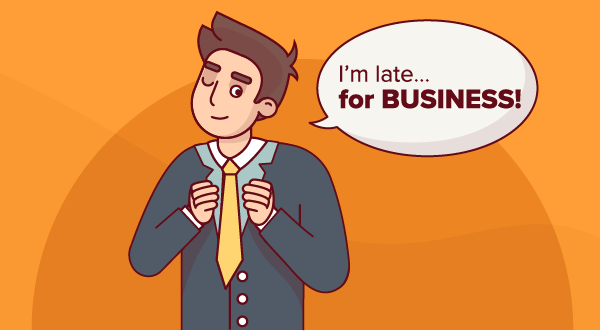
1 - The motivational factor of successful people
Starting a business requires a lot of hard work and dedication, and founders must be willing to put in the time and effort to turn their ideas into reality. Similarly, professional athletes must be willing to put in long hours of practice and training in order to stay competitive and reach the top of their sport. Both groups must also be able to handle the challenges and setbacks that come with pursuing their goals and must be able to stay focused and motivated in the face of adversity. In short, both Founders and professional athletes must have a strong desire to succeed and the determination to work hard in order to achieve their goals.
Motivation and drive come from within and are often fueled by a strong desire to accomplish something meaningful or to make a positive impact in their field. For Founders, this may mean creating a product or service that meets a need or solves a problem, or building a successful business that can make a difference in the world. Professional athletes, on the other hand, may be motivated by the desire to become the best in their sport, win championships, or set records.
In both cases, achieving success requires a lot of hard work and dedication. Founders must be willing to put in long hours and make sacrifices in order to build and grow their businesses. This may involve developing and testing prototypes, securing funding, building a team, and overcoming various challenges and setbacks. Similarly, professional athletes must be willing to put in countless hours of practice and training in order to stay at their peak. This may involve working with coaches and trainers to improve their skills and fitness, as well as overcoming injuries and other setbacks.
In both cases, it is also important to have the resilience and determination to bounce back from setbacks and failures. Founders and professional athletes alike will face challenges on their journey to success, and it is important to learn from these experiences and continue to move forward. This requires a strong drive to keep pushing forward, even when things get tough.
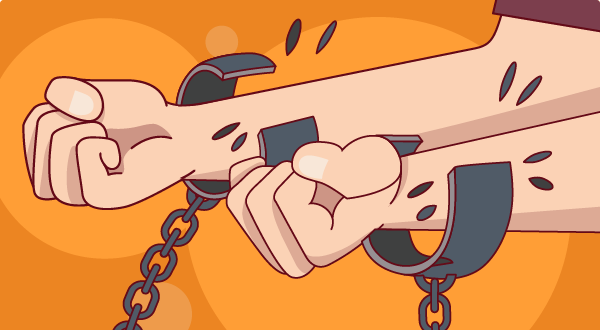
2 - Competition, pressure, and adversity
For founders, competition can come from a variety of sources. They may be competing with other businesses for customers, funding, and resources. This competition can be intense and can create pressure to deliver results and stand out in a crowded market. In addition to external competition, founders may also face internal pressure to perform at a high level. This may come from investors who are expecting a return on their investment, or from team members who are counting on the success of the business.
Similarly, professional athletes often face intense competition in their sport. They may be competing with other athletes for spots on teams, endorsements, and titles. This competition can create pressure to perform at a high level in order to stand out and succeed. In addition to external competition, athletes may also face internal pressure to perform. This can come from coaches who have high expectations for their team, from fans who are expecting strong results, or from the athletes themselves who may have personal goals and aspirations.
Overall, both founders and professional athletes must be able to handle high levels of competition and pressure in order to succeed. This requires a strong mental game and the ability to stay focused and motivated under challenging circumstances.

3 - The ability to adapt and pivot to overcome obstacles
In the fast-paced world of business, founders must be able to respond to changes in the market and adapt their strategies accordingly. This may involve pivoting the focus of their business, changing their target customer, or finding new ways to solve problems. For example, a startup that originally focused on selling a particular product may need to pivot to a new product if the market changes or if the product is not selling as well as expected.
Similarly, professional athletes must also be able to adapt and pivot at a moment's notice. This may involve adjusting their training and practice routines to improve their skills, changing their strategies in response to opponents, or finding new ways to overcome injuries or other setbacks. For example, a professional basketball player who is known for their ability to shoot three-pointers may need to pivot to a different offensive strategy if they are struggling with their shooting or if the opposing team is effectively defending against their shots.
In both cases, the ability to adapt and pivot is critical for success. The world of business and sports is constantly changing, and those who are able to adapt and pivot in response to these changes are more likely to succeed. This requires a willingness to try new things and to be open to change, as well as the ability to think on your feet and make quick decisions. Both founders and professional athletes must also be able to learn from their experiences and use this knowledge to inform their future actions. By being able to adapt and pivot, both groups can stay competitive and continue to move forward in the face of changing circumstances.

4 - Turning setbacks and failures into learning opportunities
Founders and professional athletes often face setbacks, failures, and circumstances that are out of their control (like a global pandemic, or sexual harassment), and must have the resilience to bounce back and learn from these experiences. In the world of startups, founders may face challenges such as a lack of funding, a difficult market, or competition from other businesses.
Similarly, professional athletes may face setbacks such as injuries, losses, or poor performances. These setbacks and failures can be difficult to cope with and can test an individual's resolve. They can't be afraid to fail, it is part of the process. Fear of failure will hinder a founder more than the failure itself. Failure plays an important role in forming a Founder's character, and in enhancing their future performance. It can serve as a motivation, with the proper perspective.
However, it is important for both founders and professional athletes to have the resilience to bounce back from these setbacks and failures and to continue moving forward. This requires a strong mental game and the ability to stay focused and motivated even in the face of adversity.
It also requires the ability to learn from these experiences and to use what has been learned to inform future actions. For example, a startup founder who has faced challenges in the past may be able to use that knowledge to better navigate future challenges, while a professional athlete may be able to use their setbacks as an opportunity to focus on improving their skills, doing so requires resiliency and adaptability.
Research shows that resilience is a key factor in the success of founders, with resilient founders being more likely to persevere in the face of a challenge. Further research found that resilience is associated with greater well-being and lower levels of stress among startup founders, which can in turn contribute to greater success.
The ability to bounce back from setbacks and failures and to learn from these experiences is critical for both startup founders and professional athletes — as they are part of the human condition. By developing this resilience, both groups can stay focused and motivated and can continue to move another step closer to their dreams even in the face of challenges.

5 - Both rely on their teams to achieve success.
Founders and professional athletes must also be able to work well as part of a team. In the case of founders, building and leading a strong team is often critical for the life of the business. This may involve recruiting talented team members as employees or co-founders in the case of a co-founded business, delegating tasks and responsibilities, and fostering a positive and collaborative work environment. By working well as part of a group, founders can leverage the strengths of each of their co-workers and can work together to reach their goals. Connecting person-to-person is a key leadership skill founders must hone to manage well.
Professional athletes also rely on teamwork to excel in their sport. Whether in the context of athletics or a startup, effective teamwork requires strong communication, collaboration, and trust. Professional athletes must be able to work with their teammates to develop strategies, execute plays, and support each other on and off the field. By working well as part of a group, professional athletes can reach a level of success that may not be possible on their own.
The capability to work as a cohesive unit is critical for both startups and professional athletes as in both cases a single person's ability to do the job, outstanding though it may be, can only carry them so far alone.
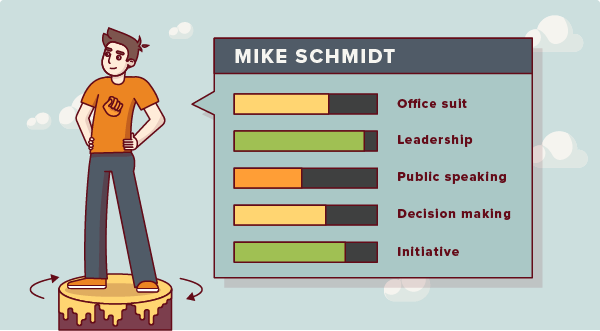
6 - Continuous learning and a growth mindset
In the world of startups, founders must be willing to continuously learn and evolve in order to stay ahead of the curve and respond to changes in the market. This may involve staying up-to-date with industry trends, learning new skills, and seeking out new sources of knowledge and inspiration. By continuously learning and improving, startup founders can stay competitive and can better position their businesses for success.
Professional athletes also must be able to continuously learn and improve in order to stay competitive in their sport. This may involve working with coaches and trainers to improve their skill set, studying opponents and strategies, and staying in top physical condition. In addition to technical skills and physical fitness, professional athletes must also be able to maintain a growth mindset in order to continue learning and improving. This means being open to new ideas, challenges, and feedback, and being willing to try new things in order to continue growing and learning new behaviors.
The ability to continuously learn and improve is critical for both founders and professional athletes and is a characteristic shared by most successful people. By being proactive about maintaining a growth mindset and being open to new challenges and opportunities, a person's ability to stay competitive and continue to grow is enhanced.
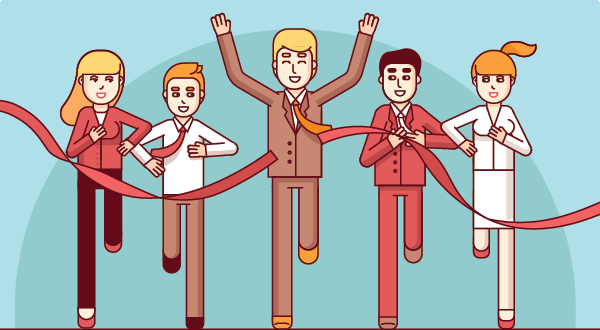
Final thoughts
In conclusion, founders and professional athletes have many similarities when it comes to the characteristics and skill sets required in achieving success. Both groups must be highly motivated and driven to succeed, must be able to handle high levels of competition and pressure, must be able to adapt and pivot in the face of change, and must have the resilience, inner strength, and self-confidence to bounce back from setbacks and failures, must be able to work well as part of a team, and must be able to continuously learn and improve in order to stay competitive. By cultivating these qualities as personal strengths, both founders and professional athletes can achieve their goals and make a lasting impact.
Find this article helpful?
This is just a small sample! Register to unlock our in-depth courses, hundreds of video courses, and a library of playbooks and articles to grow your startup fast. Let us Let us show you!
Submission confirms agreement to our Terms of Service and Privacy Policy.
Already a member? Login
Start a Membership to join the discussion.
Already a member? Login
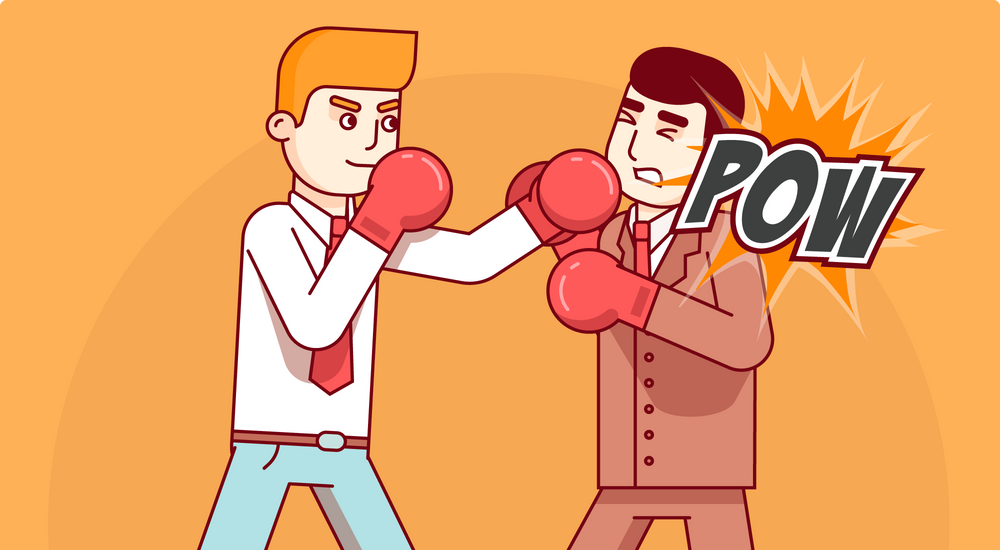
This is so cool! This information is invaluable. I can handle pressure like no other.